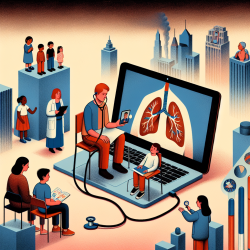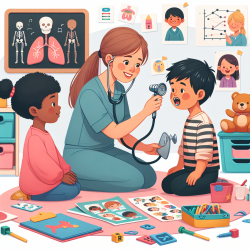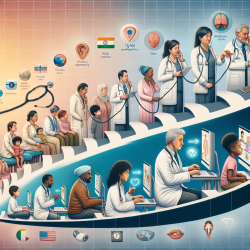Understanding the Impact of the WTC Disaster on Children's Respiratory Health
The tragic events of September 11, 2001, left an indelible mark on the world. Beyond the immediate devastation, the long-term health effects, particularly on children exposed to the disaster, are still being studied. The research article "Respiratory and Other Health Effects Reported in Children Exposed to the World Trade Center Disaster of 11 September 2001" provides valuable insights into these effects, focusing on respiratory health.
Key Findings from the Research
The study enrolled 3,184 children who were under 18 years of age on 9/11. Key findings revealed that:
- 53% of children reported at least one new or worsened respiratory symptom post-9/11.
- 5.7% received new asthma diagnoses, with a significant association to dust cloud exposure.
- The prevalence of asthma was notably higher in children under five years of age compared to national estimates.
These findings underscore the significant respiratory health impact on children exposed to the WTC disaster.
Implications for Practitioners
For practitioners working with children, especially those in educational settings, understanding these findings is crucial. Here are some ways practitioners can enhance their skills:
- Stay Informed: Keep abreast of ongoing research related to environmental exposures and respiratory health. This knowledge can guide interventions and support strategies.
- Implement Preventive Measures: Educate children and parents about the importance of minimizing exposure to environmental pollutants and recognizing early signs of respiratory issues.
- Advocate for Resources: Work with schools and communities to ensure access to resources for children with respiratory conditions, such as asthma management programs.
- Encourage Further Research: Engage in or support research initiatives that explore long-term health outcomes of children exposed to environmental disasters.
Encouraging Further Research
The research highlights the need for ongoing studies to understand the long-term health effects on children exposed to environmental disasters. Practitioners can play a pivotal role by contributing to research efforts, sharing findings, and advocating for policies that protect children's health.
To read the original research paper, please follow this link: Respiratory and Other Health Effects Reported in Children Exposed to the World Trade Center Disaster of 11 September 2001.










